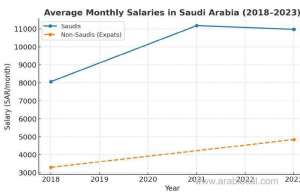Introduction
The Saudi Central Bank (SAMA) has imposed a ban on the use of WhatsApp and other instant messaging applications by local banks for communications with customers, citing concerns about the security and reliability of these channels.
SAMA's Decision and Regulations
SAMA has made this decision to enhance the quality of practices and procedures followed by financial institutions under its supervision, aiming to minimize risks and ensure data protection compliance.
Alternative Secure Communication Channels
The Central Bank has urged financial institutions to explore secure alternatives, such as Live Chat and ChatBot services within their banking applications or websites, ensuring compliance with personal data protection regulations.
Fraud Prevention Efforts
Alongside the messaging ban, SAMA and Saudi banks have heightened their focus on preventing fraud, particularly cases where fraudsters impersonate charities or legal figures to scam people via social media and instant messaging platforms.
Common Fraud Tactics
Fraudsters often exploit victims by convincing them they represent official bodies and demand fees for donations or assistance. The Media and Awareness Committee at Saudi Banks has issued strong warnings against responding to such fraudulent activities.
Saudi Banks' Role in Fighting Financial Fraud
Saudi banks, including the Arab National Bank, have emphasized that no official body requests fees or payments for donations. They continue to promote awareness and the use of secure payment systems like SADAD to protect consumers.
Conclusion
Through this initiative and ongoing awareness campaigns, Saudi banks aim to reduce financial fraud, enhance customer protection, and ensure the secure communication between banks and their clients.







